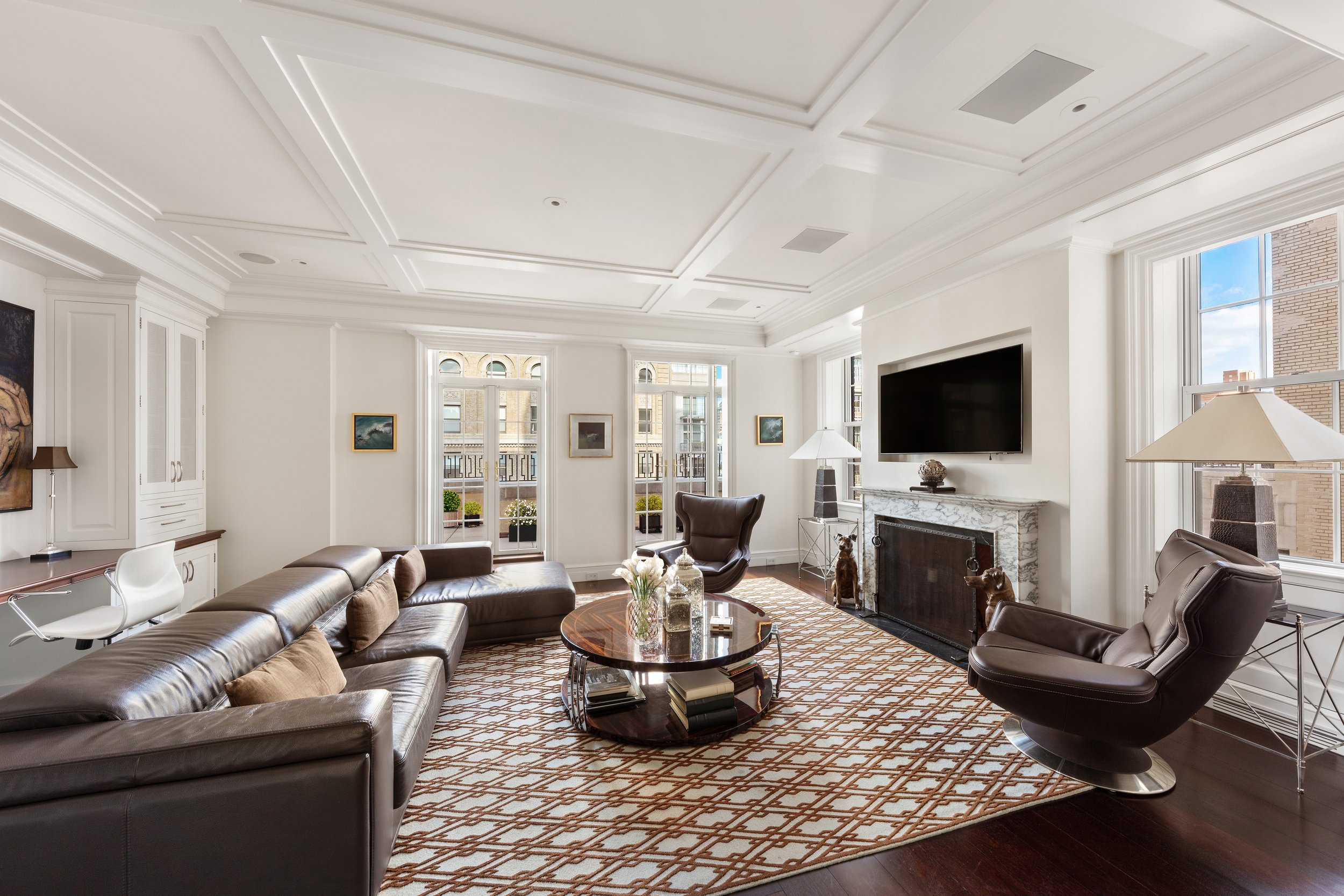Importance of Lighting Design in Retails
Poor lighting in a retail store can have a negative effect on sales. Therefore, you must consider optimal lighting.
According to research, 60 to 90 percent of individuals in the first 90 seconds ask about colors and color-related matters. Why should this concern you? Because colors can provoke stimuli ranging from happiness to sadness. And because of that, it can alter the shopping preferences or motivate the customer to shop more. So, lighting or illumination in a shop is a significant factor to remember.
But what makes the lighting in a retail shop perfect? Is it just random lighting, or do you need to make an organized lighting design? What factors should you consider? With the help of some of the experts from CDM2Lightworks.com, commercial lighting experts, we have put together this guide. So, without further delay, let us go to the subject!
Importance of Optimal in-store Lighting
Poor lighting in a retail shop can have a bad impact on sales. So, you need to install enough lighting. You might ask why? Because it can go far beyond just illuminating the products on the shelf.
There are two fundamental aspects to consider.
The Products
There are numerous products you can sell, but not all the items are alike. For example, selling shoes is not similar to selling jewelry. So, when the products change, the lighting and the environment change also. You’ll want to research the best generators you can get.
Conveying the Consumers
Another point to consider is what we are trying to convey to the consumers. We need to create an atmosphere that goes with the message we would like to share. Sometimes you need a dark tone, sometimes bright, and even in times, you might need a natural light source to perfectly convey the message to your consumers.
Lighting can also attract customers to a shop window or highlight an item. For example, if you have a dark or reflective window, it will not be easy to see the products from outside, and customers might not be encouraged to enter the store. As a result, you might lose a potential customer, which will hamper your sales. But having good lighting and highlighting the products can attract more buyers than expected.
So, in short, we can say that lighting possesses a strategic functionality that goes far beyond just lighting the store's interior or exterior.
Types of Light
There are various types of light. You should choose the one that suits the product you are selling, what message you want to convey, consumption and performance, opening hours, etc. Bates Electric can provide professional help for adding or fixing the lights.
Natural Lighting
As you might already know by the title, natural lights come from nature or, to be exact, the sun. However, you also need to understand, natural source of light carries some disadvantages as well. For example, you will not get sunlight 24/7, and in Charlotte, North Carolina, the weather can change at any time.
Artificial Lighting
Artificial lights are man-made lightings. It is customizable and can be installed according to our objectives and needs.
There are quite a few types of artificial lights to choose from.
LED
Light-emitting diodes, or in short, the LED, is one of the most commonly used lighting products in any retail store all over the globe. Why? Because it has a low electricity consumption and is highly efficient. Also, it does not have any residual heat. Therefore, it is quite profitable in the long run though the price is a little higher.
Fluorescent
It is by far the most commonly used lighting anywhere in the world. Unfortunately, though it has a low electricity consumption, the performance is relatively low too.
Halogen
Halogen is a type of lighting that can highlight an item and bring out the details. The intensity of the light is customizable, but it loses its illumination over time.
Metallic Halogen
It is brighter than regular halogen and can bring out the natural color of a product. Metallic halogens are very common in product exhibitions.
Once you select the type of light you want to use, consider other issues like technical aspects, power consumption, temperature, transformers, and different placement options.
Lighting Design
In Charlotte, North Carolina, the retail store has quite a few different spaces, including the fitting room, shelves, exhibitors, shop window, central tables, etc.
Shop Window Display
The shop's window is the first place a customer notices. The first impression of a customer decides whether they want to go for a product or leave it. The most common item you can use in a shop window is spotlights or spotlight rails. It will highlight the texture and shape of a product on display. You can also use dimmers to create a different atmosphere.
Shelves
Once a customer enters a retail shop, the first area they notice are the shelves. So, it is pretty important to capture the customer's attention. It is one place where lighting is a must, and it has to have high-quality illumination. We recommend using bright lights for the shelves.
Fitting Rooms
The fitting room can be a decisive place for a customer. So, the light has to be flattering. For a fitting room, lights are mainly used on the sides of the mirrors. This helps to reduce the shadows caused by overhead lighting like the spotlights. It should also be a comfortable and warm light. Motion sensors can be utilized to save energy. That way, the lights will only turn on when someone enters the fitting room.
Waiting Room
We recommend dynamic lighting for the waiting room. It will make the space more pleasant.
Also, if you are confused about what to do and what not to do. You can always ask for the help of an expert if you are living in Charlotte, North Carolina. Also, you should seek professional help when adding or fixing electrical items.
Commercial lighting plays an important role in the business. An appropriate store lighting can influence the mood of customers, highlight the products, and create a unique atmosphere. And that is why the perfect lighting design is an element of significant importance if you want to take your business to the next level.






